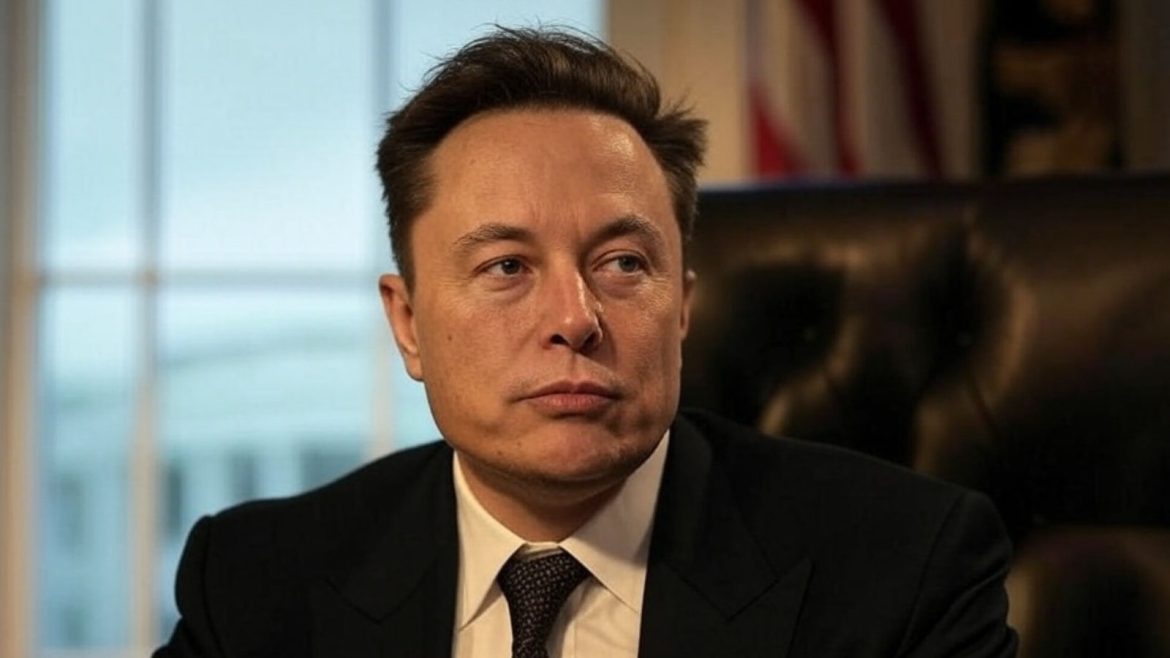The US Securities and Exchange Commission (SEC) is proceeding with a $150 million lawsuit against Elon Musk over alleged securities fraud during his 2022 acquisition of Twitter, now known as X.
The agency claims that Musk failed to disclose his growing stake in the social media company by the regulatory deadline, ultimately enabling him to buy shares at undervalued prices before the market could react.
The delay reportedly saved him at least $150 million.
This case adds to a series of regulatory clashes between Musk and the SEC and comes amid ongoing scrutiny of his market conduct.
SEC targets missed 5% disclosure
According to the court filing published on Monday, the SEC is pressing forward with its case, which was originally filed in January 2025 under former chairman Gary Gensler.
The complaint centres on Musk’s delayed filing of a required disclosure when his ownership in Twitter surpassed 5%.
Under US securities law, such a threshold triggers a deadline to notify investors—typically within 10 days.
Musk’s stake crossed the 5% mark in early March 2022, requiring disclosure by March 24.
However, the SEC alleges that Musk did not submit the required Schedule 13D form until April 4, 2022.
The filing triggered a 27% surge in Twitter’s share price.
The agency says this late disclosure allowed Musk to continue purchasing stock at prices below the true market value, before the public was aware of his interest.
Oh Gary, how could you do this to me? 🥹
By the time the disclosure became public, Musk had already accumulated millions of shares.
The SEC estimates that the delay in disclosure helped Musk save at least $150 million, an amount they now seek to recover through legal action.
Twitter stock jumped 27% after filing
The SEC’s lawsuit highlights the impact of Musk’s late filing on Twitter’s stock price.
When Musk finally filed the Schedule 13D on April 4, 2022, Twitter’s stock surged 27%.
The Commission argues that the delay gave Musk an unfair advantage over other investors, who were unaware of the mounting stake being built in the background.
This is not the first time Musk has come under fire for allegedly violating market rules.
The SEC has investigated his social media activity and public statements before, particularly his 2018 tweet about taking Tesla private at $420 per share, which resulted in a separate settlement with the regulator.
In this latest case, the Commission is not just focusing on the missed disclosure deadline but also on the financial implications of that delay.
The regulator believes the undervalued purchases directly undermined market transparency and harmed investors who were unaware of Musk’s position until it was too late.
Musk skipped SEC testimony in 2023
The SEC’s latest court action builds on a prolonged legal back-and-forth between Musk and the regulator.
In 2023, the Commission filed another suit against Musk after he failed to appear for testimony regarding the Twitter acquisition.
He had previously agreed to sit down with SEC investigators but pulled out two days before the scheduled interview.
According to the SEC’s statement at the time, Musk raised what it described as “spurious objections” to justify his absence.
The Commission argued that the refusal to testify was a violation of his earlier agreement and hindered their investigation.
That case focused specifically on Musk’s unwillingness to cooperate rather than the financial details of the acquisition.
However, the two proceedings are closely linked, and the SEC has signalled its intention to continue pressing Musk for accountability over the entire acquisition process.
Legal battle over $150 million gain
Musk’s legal team, led by attorney Alex Spiro, has dismissed the SEC’s claims, describing the latest lawsuit as a “sham.”
They have maintained that Musk did nothing wrong in the Twitter acquisition, and continue to challenge the Commission’s jurisdiction and interpretation of disclosure rules.
Despite this, the SEC’s filings demonstrate a clear intention to proceed with the case, with the agency now pushing for penalties and possible disgorgement of the $150 million Musk allegedly saved.
No trial date has yet been announced, and the case remains in its pre-trial phase.
This lawsuit is part of a wider pattern of regulatory scrutiny surrounding Musk’s actions in public markets.
Whether the SEC will succeed in clawing back funds or imposing sanctions remains to be seen, but the proceedings mark another chapter in Musk’s fraught relationship with federal regulators.
The post Musk sued by SEC for $150M profit from delayed Twitter stock disclosure appeared first on Invezz

